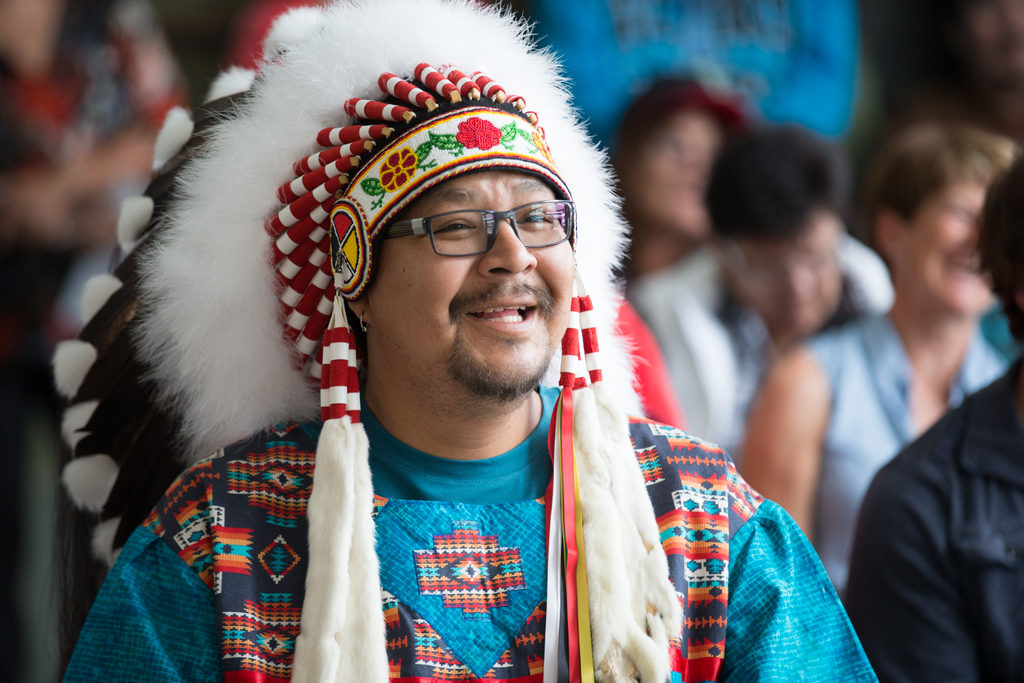Protecting Indigenous Knowledge: The Role Of Scientists In Data Security

Table of Contents
Ethical Research Practices: The Foundation of Data Security
Ethical considerations are paramount when conducting research involving Indigenous knowledge. Respect for cultural protocols and intellectual property rights must be the cornerstone of any such endeavor. The principles of free, prior, and informed consent (FPIC) are not simply guidelines; they are fundamental prerequisites. Ignoring these principles risks not only ethical violations but also the potential for irreparable damage to community trust and the integrity of the research itself.
-
Informed Consent is Crucial: Meaningful and culturally appropriate informed consent processes are essential before any data collection or research begins. This involves a thorough explanation of the research purpose, data usage, access limitations, storage methods, and data protection measures, all presented in a way that respects the community's communication styles and cultural sensitivities. Consent should be freely given, without coercion or undue influence.
-
Community Engagement: Actively involving Indigenous communities in all stages of the research process – from the initial design phase through to data analysis and dissemination – is vital. This participatory approach ensures that research is conducted in a manner that aligns with community values and priorities. Indigenous knowledge holders should be recognized as partners, not merely subjects of study.
-
Key Ethical Considerations:
- Prioritizing community ownership and control of data. Communities should have the right to determine how their data is used and shared.
- Ensuring benefits sharing with communities. Research should provide tangible benefits to the communities contributing their knowledge.
- Protecting sacred knowledge and sensitive information. Researchers must be acutely aware of the cultural significance of information and avoid compromising sacred knowledge.
- Respecting traditional knowledge systems and protocols. Research methodologies should be adapted to respect existing knowledge systems and protocols.
Implementing Robust Data Security Measures
Protecting Indigenous knowledge requires implementing robust data security measures that go beyond standard practices. These measures should be designed to prevent unauthorized access, modification, or disclosure of sensitive information.
-
Data Encryption: Employing strong encryption methods, both at rest and in transit, is critical. This safeguards data from potential breaches, even if unauthorized access occurs. Encryption should be applied to all stages of data handling, from collection to storage and analysis.
-
Access Control: Implementing strict access control measures is essential. Access to data should be limited to authorized personnel only, with clearly defined roles and responsibilities. The principle of least privilege should be applied, granting individuals only the access necessary for their specific tasks.
-
Data Anonymization & Pseudonymization: These techniques are vital for protecting the identities of individuals and communities involved in the research. Anonymization removes identifying information entirely, while pseudonymization replaces it with unique identifiers.
-
Secure Data Storage: Utilizing secure data storage solutions, including cloud-based platforms with robust security protocols (e.g., encryption, access controls, audit trails), is essential. Regular data backups are crucial for disaster recovery and business continuity.
-
Specific Security Measures:
- Using multi-factor authentication for enhanced security.
- Regular security audits and penetration testing to identify vulnerabilities.
- Implementing data loss prevention (DLP) measures to prevent sensitive data from leaving the controlled environment.
- Adhering to all relevant data privacy regulations (e.g., GDPR, CCPA).
The Role of Technology in Protecting Indigenous Knowledge
Technology offers powerful tools for preserving and protecting Indigenous knowledge. However, it's crucial to deploy these technologies ethically and responsibly.
-
Digital Archiving: Advanced digital archiving technologies are vital for long-term preservation. These systems should be designed to ensure data integrity, accessibility, and longevity, using formats that are unlikely to become obsolete.
-
Blockchain Technology: Blockchain's inherent security and transparency features offer exciting potential for managing and tracking the provenance of Indigenous data. This enhances accountability and ensures the integrity of the information.
-
AI & Machine Learning: While AI and machine learning can be valuable tools for analyzing and interpreting Indigenous data, their use requires careful consideration of ethical implications. Bias in algorithms, data privacy concerns, and the potential for misinterpretation need to be addressed.
Collaboration and Capacity Building
Effective protection of Indigenous knowledge requires strong collaborations between scientists and Indigenous communities. This necessitates knowledge sharing, capacity building, and trust-building initiatives.
-
Knowledge Sharing & Training: Scientists should actively share their expertise in data security and digital preservation with Indigenous communities, providing training and resources tailored to their specific needs and contexts.
-
Partnerships and Collaboration: Building strong, respectful partnerships is crucial. This includes actively involving Indigenous communities in research design, implementation, and dissemination, ensuring their voices and perspectives are central to the process.
-
Supporting Indigenous-led Initiatives: Supporting Indigenous-led initiatives that promote the protection and management of their own knowledge is essential for empowering communities to control their data and narratives.
-
Building Trust: Open communication, transparency, and mutual respect are vital for building trust and fostering lasting collaborations. Regular communication and feedback mechanisms are key to maintaining strong and productive partnerships.
Conclusion
Protecting Indigenous knowledge demands a collaborative and ethical approach, requiring scientists to prioritize data security and community engagement above all else. Implementing robust security measures, coupled with culturally sensitive research practices and meaningful capacity building, are crucial for safeguarding this invaluable heritage. By actively engaging with Indigenous communities, scientists can ensure that traditional knowledge is preserved, protected, and used responsibly for the benefit of all. Let’s work together to strengthen the protection of Indigenous knowledge through improved data security strategies and ethical scientific collaborations. Let's ensure that this vital legacy is preserved for generations to come.

Featured Posts
-
 Sicherheitsvorfall An Braunschweiger Grundschule Entwarnung Nach Alarm
May 13, 2025
Sicherheitsvorfall An Braunschweiger Grundschule Entwarnung Nach Alarm
May 13, 2025 -
 Braunschweig Amokalarm An Der Neuen Oberschule Was Geschah Wirklich
May 13, 2025
Braunschweig Amokalarm An Der Neuen Oberschule Was Geschah Wirklich
May 13, 2025 -
 Pegula Falls To Sabalenka In Miami Open Final
May 13, 2025
Pegula Falls To Sabalenka In Miami Open Final
May 13, 2025 -
 Doj Scrutiny Of Proposed Epic Muslim Mega City In Texas
May 13, 2025
Doj Scrutiny Of Proposed Epic Muslim Mega City In Texas
May 13, 2025 -
 Nea Stoixeia Gia Ton Megalo Kataklysmo Tis Mesogeioy
May 13, 2025
Nea Stoixeia Gia Ton Megalo Kataklysmo Tis Mesogeioy
May 13, 2025
